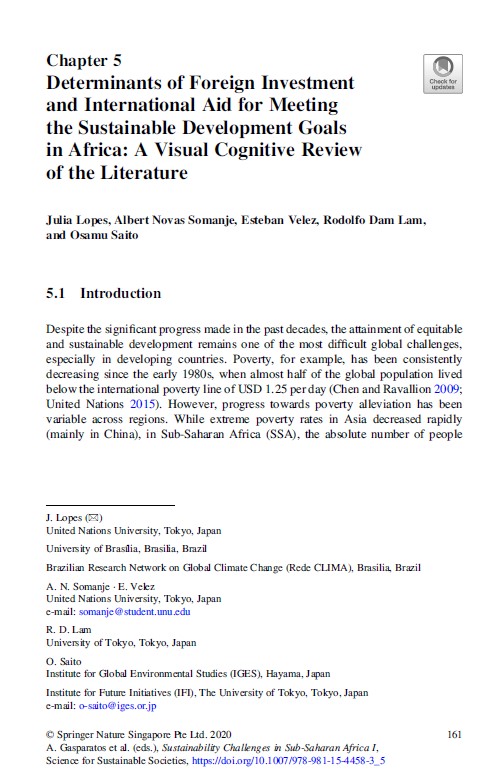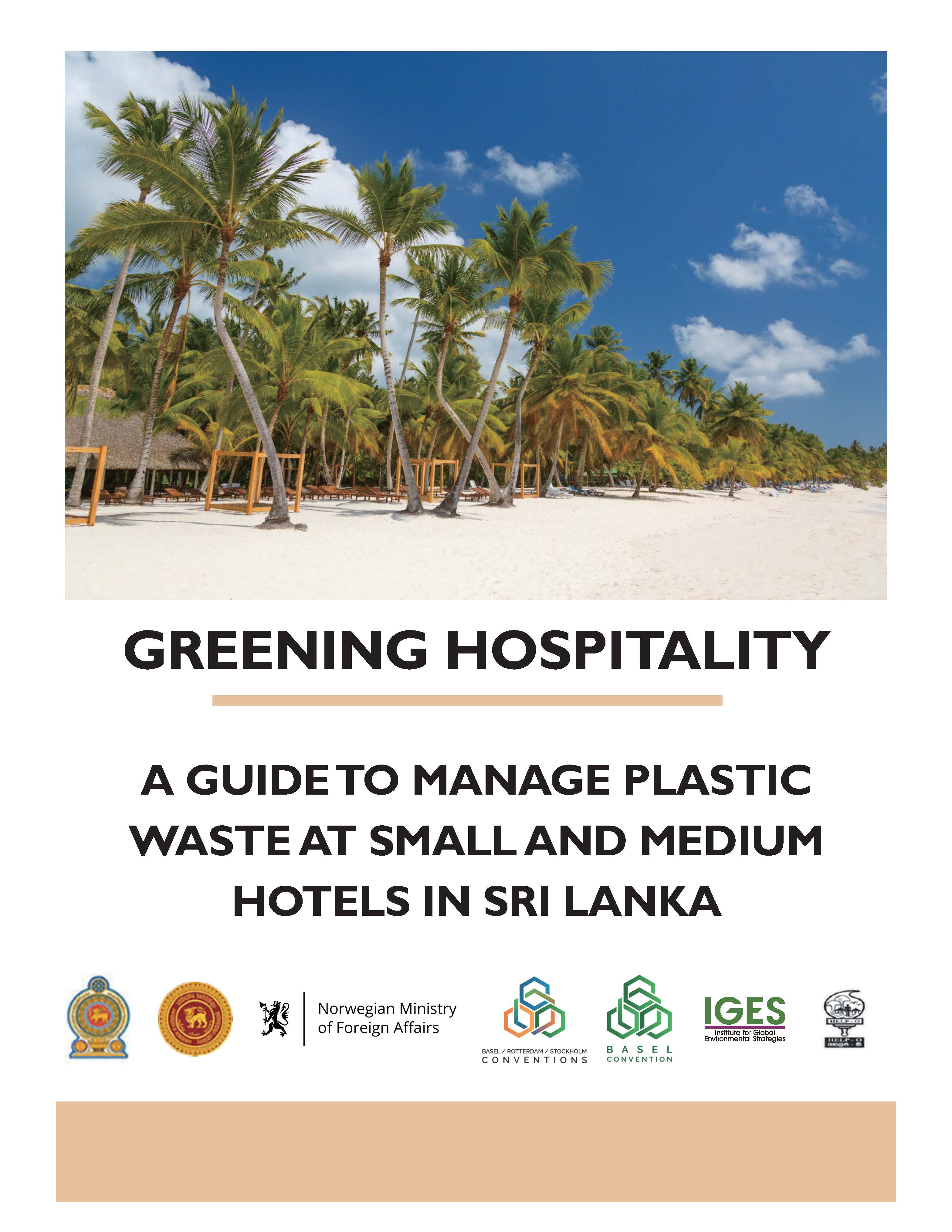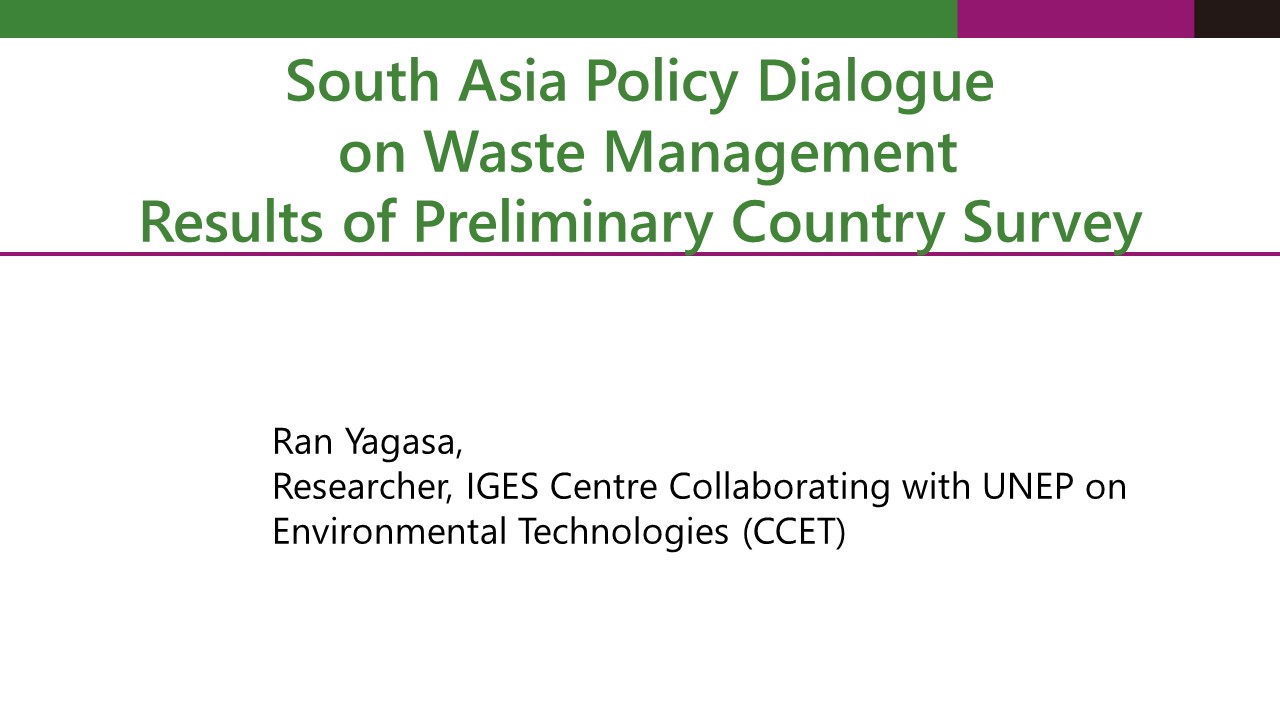In Sustainability Challenges in Sub-Saharan Africa I: Continental Perspectives and Insights from Western and Central Africa
The Sustainable Development Goals (SDGs) have recently framed sustainable development priorities in both developed and developing countries. External funding in the form of foreign direct investment (FDI) and official development assistance (ODA) is necessary for achieving practically all of the SDGs and their underlying targets. However, it is not...





